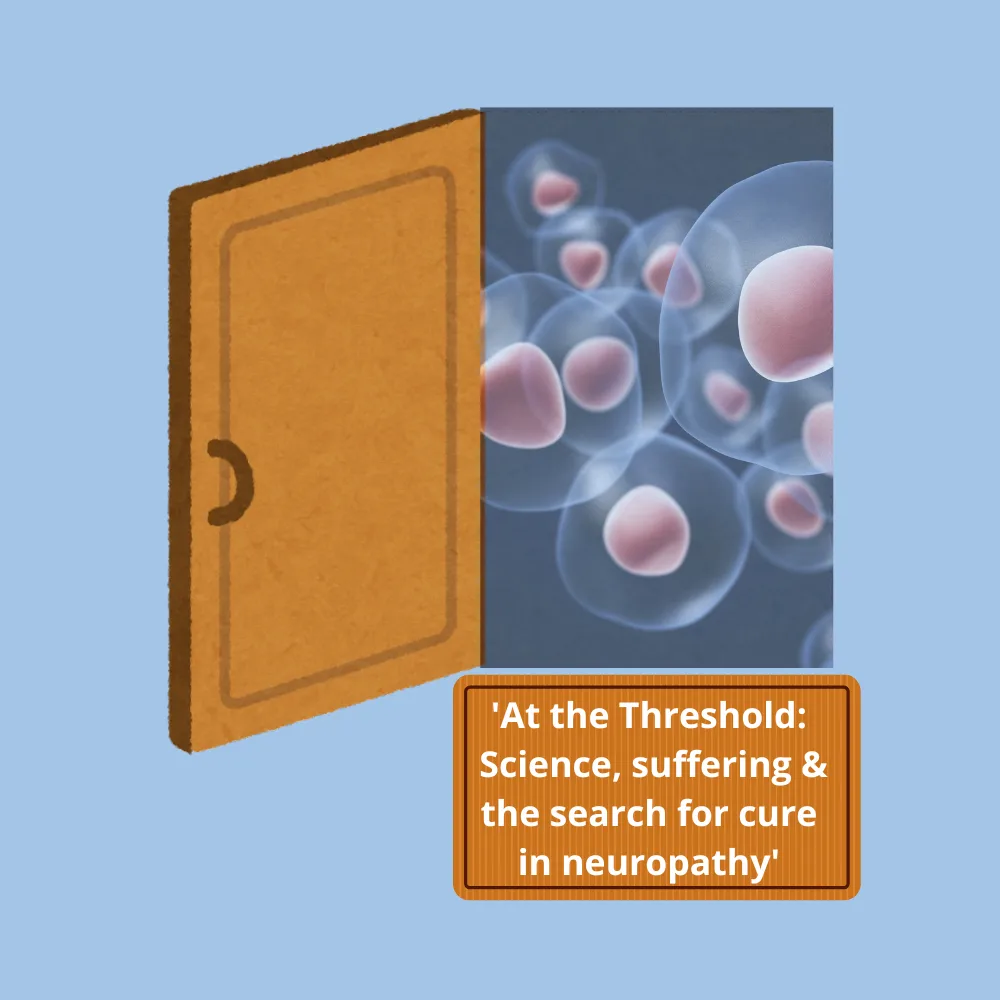
R92.00 incl VAT
Neuropathy represents one of the most common, complex and life-altering potential complications of diabetes, affecting nearly half of all people living with this condition. Beyond the clinical language of nerve conduction studies and scoring systems lies a profound human reality: pain, sensory loss, mobility limitations, and for many, the shadow of disability that reshapes daily living. Embodied in a neuropathic foot ulcer, silent autonomic dysfunction, and the amputation that follows is not only biological failure, but also social and existential challenges.
Recent advances in understanding the multifactorial pathogenesis of diabetic neuropathy offer some early hope for targeted interventions. Alongside pharmacological therapies, novel approaches have emerged, with early human studies suggesting (potential) real improvements in nerve function and sensory outcomes. Yet we remain at the threshold where current treatments only alleviate but rarely cure. We must also acknowledge that the lived experience of disability demands a holistic, multidisciplinary approach to care.
In this session we will explore the intersection of science and humanity, as well as the cost of neuropathy for those whose independence, dignity and participation in society are at stake.


(Please note that subscribing here does NOT register you for any CDE Course)